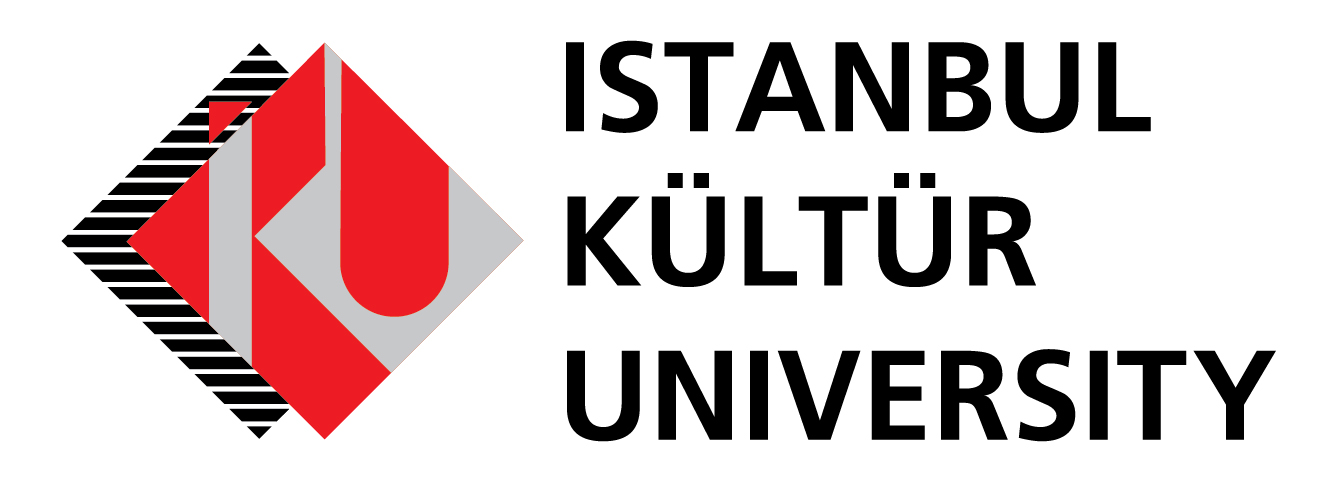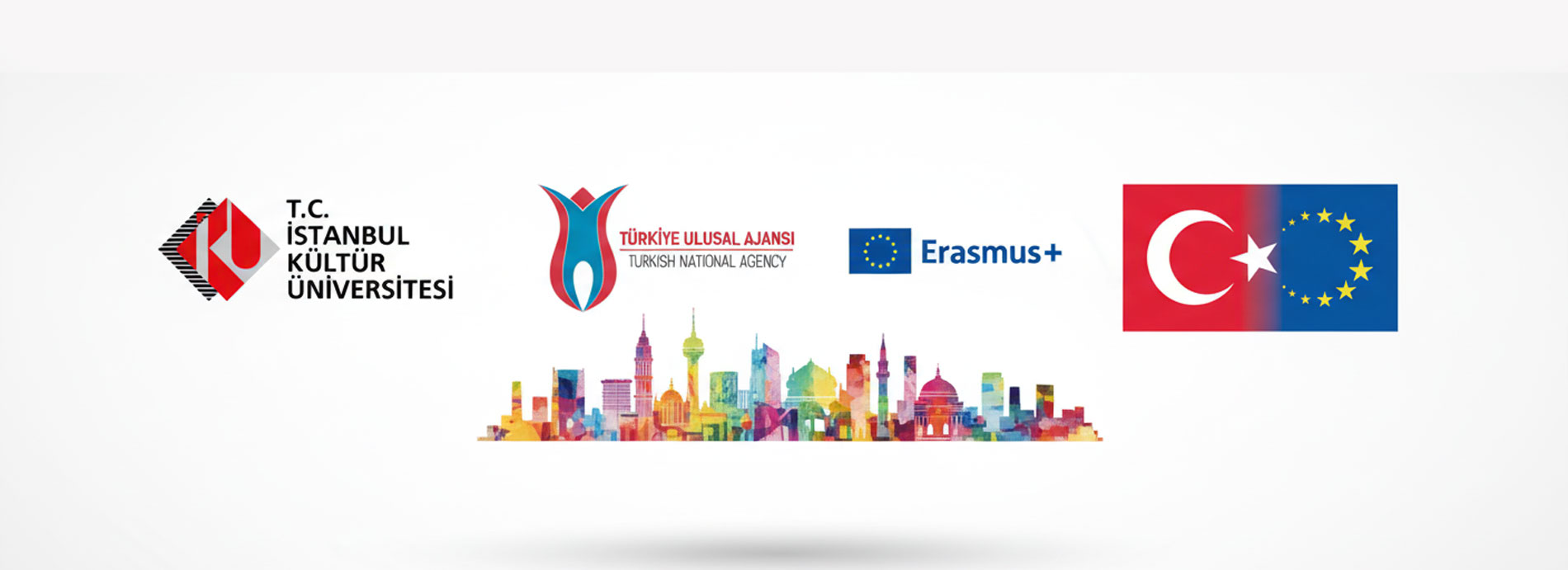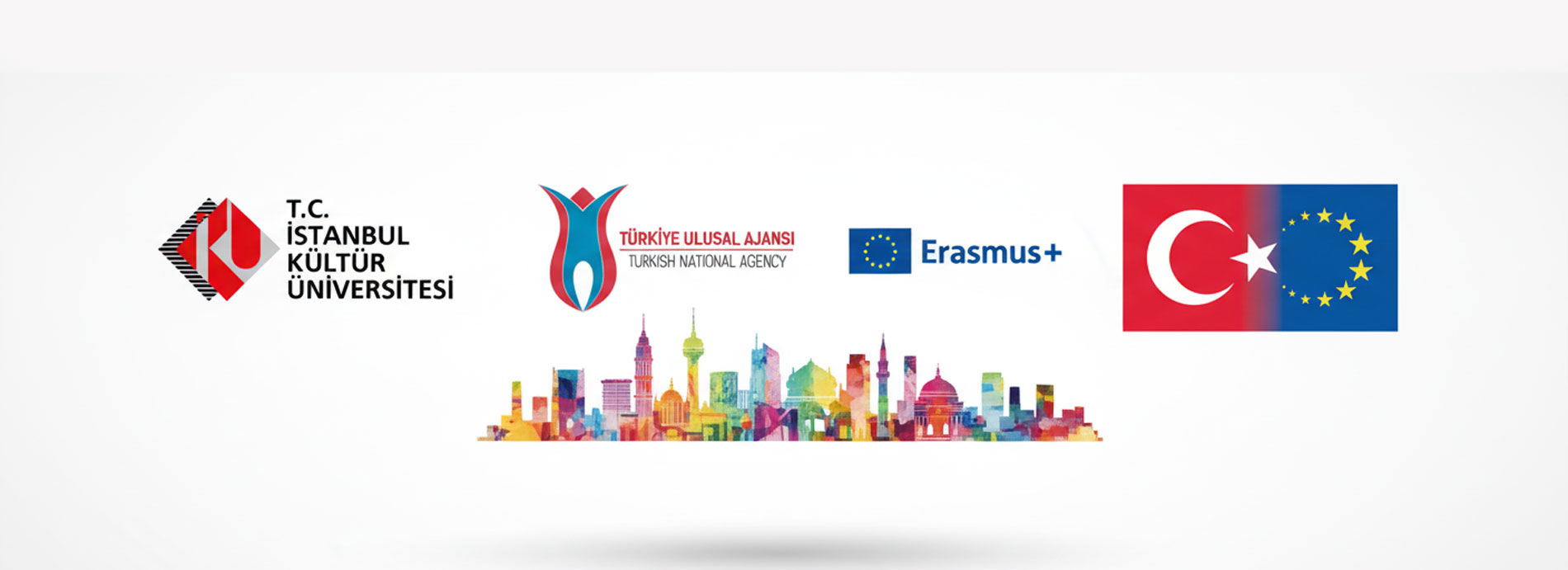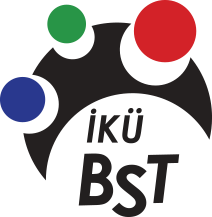The Erasmus+ Program is a new program to be implemented by the European Union in place of the Lifelong Learning and Youth Programs which were implemented in the field of education and youth between 2007 and 2013. It is mainly based on project activities but also includes individual activities.
What are the objectives of the Erasmus+ program?
The Erasmus+ Program, which will be implemented between 2014 and 2020, aims to equip individuals with new skills, regardless of age and education background, to promote personal development and to increase employment opportunities. The Erasmus+ Program includes the areas of education, training, youth and sports. The name Erasmus+ was coined to take advantage of the popularity of the former Erasmus program, which is more well-known in the public and is strongly identified with education abroad and European co-operation.
What is New with the Erasmus+ Program?
The Erasmus+ Program does not have any significant differences from the current program in terms of its main objectives and activities. However, some changes are anticipated in order to increase the effectiveness of the current program, to make it easier to apply and to achieve a simple structure. The novelties introduced through the Erasmus+ Program may be listed as follows:
- The Comenius, Erasmus, Leonardo da Vinci, Grundtvig and the Youth Program, which have been carried out within Lifelong Learning Programs and 5 international cooperation programs (Erasmus Mundus, Tempus, Alfa, Edulink and Program for Cooperation with Industrialized Countries), are collected under the Erasmus+ Program. With a single program, simpler application rules and procedures are introduced, bringing an end to the scattered structure and redundancies,
- The grant guarantee program has been initiated to support graduate students' ability to continue their education abroad and to allow them to acquire the skills needed to work in an information-intensive job,
- The Cooperation with Industrialized Countries (Bilateral Cooperation) in Higher Education, which was implemented in the previous period, will continue to be implemented among the central projects of the Erasmus+ Program, including in the field of youth. However, the number countries eligible for cooperation has expanded (please refer to the Erasmus+ Program Guide for detailed information on the countries with which cooperation is possible)
- The program offers the opportunity to establish partnerships (Sectoral Skills Partnerships) between education and training institutions/organizations in order to increase employability through large scale partnerships (Information Partnerships) to promote creativity, innovation and entrepreneurship among higher education institutions and workplaces by offering new teaching methods and innovative vocational education and training methods for various sectors,
- Mobility and partnership opportunities have significantly been strengthened in the new period and grant opportunities have increased, especially for higher education/vocational education students, teachers, trainers and youth workers.
Which areas will the Erasmus+ Program support?
The activities supported under the Erasmus+ Program are mainly gathered under 3 key actions (AE, Key Action, KA) and 2 Special Actions:
Key Action 1: Learning Mobility of Individuals
Key Action 2: Cooperation for Innovation and Exchange of Good Practices
Key Action 3: Support for Policy Reform
Special Action1: Sport Support
Special Action2: Jean Monnet Program
KEY ACTION 1: LEARNING MOBILITY OF INDIVIDUALS
The Erasmus+ Program provides education opportunities for more than 5 million individuals in and outside of EU borders. Learning Mobility of Individuals activities may be carried out in the following forms:
- Education
- Learning/Teaching
- Internships
- Professional development
- Non-formal learning-based youth activities
- Voluntary studies
In the field of higher education, the beneficiaries of the program countries will have the opportunity to receive education and to teach at higher education institutions in Europe or anywhere in the world. Thus, the Erasmus+ Program will create a favorable environment for the promotion of higher education in Europe and also for the development of higher education in countries outside of Europe.
KEY ACTION 2: COOPERATION FOR INNOVATION AND EXCHANGE OF GOOD PRACTICES
Cooperation for Innovation and Exchange of Good Practices provides opportunities for institutional collaborations in the context of education, teaching and youth activities among educational institutions, youth organizations, the business community, local/regional authorities and non-governmental organizations. It aims to promote innovative practices, creativity, entrepreneurship and employability through these partnerships.
The projects to be carried out in through partnerships may be classified as country-based and central activities: Country-based activities are projects managed by the national agency of the applicant's country. Central activities are those for which applications are made to the European Commission's Executive Agency in Brussels.
"Strategic Partnerships" are country-based; "Sectoral Skill Partnerships" and "Information Partnerships" are central activities. These 3 project types may be summarized under Key Action 2: Cooperation for Innovation and Exchange of Good Practices as follows:
1-Strategic Partnerships
Within the scope of Strategic Partnerships project applications which are made to local national agencies, strategic cooperation and partnership projects between the institutions of program member countries are supported in order to develop, transfer and/or implement innovative practices at the institutional, local/regional, national or international level.
These projects have been included in the Erasmus+ Program to perform the following main activities:
- To help schools, local/regional school administrations, teacher training institutions and departments develop and transfer innovative and model applications of other types of institutions in different countries,
- To strengthen cooperation between higher education institutions and main stakeholders (institutions, research institutions, social partners, local/regional administrations, other education and youth sectors) to promote quality and innovation in higher education,
- To support EU studies and developments in the field of higher education policies to create a higher systematic impact,
- To carry out transnational collaborations between the vocational education providers and local/regional institutions of the business world,
- To ensure that vocational education systems can meet the needs of the sector-specific labor market and to contribute to the increasingly competitive economic environments of the relevant sectors,
- To provide quality education-training opportunities for adults and to meet the educational needs of adult education providers,
- To contribute to the development of national policies and dialog between EU countries on adult education and training,
- To promote cooperation and exchange in the area of youth between different countries of the world (ACP, Latin America, Asia, industrialized countries),
- To develop Youth Policy Cooperation on the EU level and to establish the EU Youth Strategy and promote systematic communication.
2-Sectoral Skill Partnerships
The Sectoral Skill Partnerships are international systems which are included in the scope of central activities that aim to increase vocational education systems' ability to meet the sectoral skill needs of the labor market in a given economic sector and new skill demands related to one or more occupational field. Sectors eligible for this activity are:
- Sectors that make up the European Sector Skills Councils such as textile, clothing, leather and trade,
- Sectors that have skill incompatibility such as advanced manufacturing, information and communication technologies, eco-innovation (environmental technologies), and sectors in which the European commission intervenes in existing policies,
- Cultural and creative industries
At least 9 participating organizations from at least 3 program countries, two of which are EU members, must be included in Sectoral Skill Partnerships. The duration of the projects may range from 2 to 3 years. Since Sectoral Skills Partnerships are central activities, the applications are submitted directly to the European Commission's Executive Agency in Brussels.
3-Information Partnerships
Information Partnerships within the scope of central activities are international, structured and result-oriented projects aimed at building a bridge between higher education and the business world. Information Partnerships aim to strengthen innovation capacity in Europe by promoting innovation in higher education, the business world and the broader socio-economic environment. The 3 main goals of the activity include:
- Innovation in higher education
- University-business world sustainability
- Strengthening impact during and after the project
The institutions taking part in the Information Partnership may be any official or private organization in the program country or in the partner country. At least 6 organizations from 3 different program countries should be involved in Information Partnerships. There must be at least 2 higher education institutions and at least 2 enterprises within the partnership. The duration of the projects may range from 2 to 3 years. Since the Information Partnerships are central activities, the applications are submitted directly to the European Commission's Executive Agency in Brussels.
KEY ACTION 3: SUPPORT FOR POLICY REFORM
Support for Policy Reform, which allows for the implementation of central activities, has been determined as one of the key actions of the Erasmus+ Program in order to promote policy making on a scientific basis and to share good practices in this area. Under the Support for Policy Reform, it will be possible to support policy reform in member states of the EU, and to cooperate and share good practices in this area with non-EU countries.
Apart from the programs mentioned above, the European Commission implements the Sport Support and Jean Monnet Program as special actions under the Erasmus+ Program.
SPECIAL ACTION 1: SPORT SUPPORT
The main objective of Sport Support is to contribute to the systematic development of the European sport dimension. The following sports activities can be supported under the Erasmus+ Program:
- Collaborative Partnerships in sports related fields
- Non-Profit Sports Activities
All public institutions/organizations and all non-profit institutions/organizations from the Program Country can apply to Collaborative Partnerships in the field of sports. 5 different organizations from at least 5 different Program Countries have to be involved in the project. The duration of the project may range from 12 to 36 months. The grant amount may be as high as 500,000 Euros.
All public institutions/organizations and all non-profit institutions/organizations in the field of sports from at least 12 different Program Countries can apply to the non-profit sports activities. The project duration is 1 year. The grant amount may be as high as 2.000.000 Euros.
Since the Sport Support consists of central activities, the applications are submitted directly to the European Commission's Executive Agency in Brussels.
SPECIAL ACTION 2: JEAN MONNET PROGRAM
The Jean Monnet Program aims to support studies at institutions at the level of higher education in the field of European integration. The following activities may be supported within the scope of the Jean Monnet Program:
- Jean Monnet Academic Modules (teaching and research)
- Jean Monnet Chairs (teaching and research)
- Jean Monnet Centers of Excellence (teaching and research)
- Jean Monnet Support to Establishments and Associations
- Jean Monnet Networks (policy debate with the academic world)
- Jean Monnet Projects (policy debate with the academic world)
Since the Jean Monnet Program is a central activity, the applications are submitted directly to the European Commission's Executive Agency in Brussels.
Who can benefit from Erasmus+?
The target group of the Erasmus+ program can be summarized as follows:
-In the field of higher education: university students, academics and higher education employees,
-In the field of vocational education: vocational school students, apprentices, professionals, educators, vocational education employees,
-In the field of school education: primary and secondary school students, school leaders, teachers and school staff,
-In the field of adult education: learners, educators, members and employees of adult education institutions,
-In the field of youth: young people between the ages of 13 to 30, youth workers, members and employees of youth organizations.
Which countries are involved in the Erasmus+ program?
With the Erasmus+ program, the number and geography of the countries to cooperate with is expanding. Accordingly, it may be possible to cooperate with the following countries, albeit with differences for each type of activity:
28 EU member countries (Germany, Austria, Belgium, Bulgaria, Czech Republic, Denmark, Estonia, Finland, France, Southern Cyprus, Croatia, Netherlands, UK, Ireland, Spain, Sweden, Italy, Latvia, Lithuania, Luxembourg, Hungary, Malta, Poland, Portugal, Romania, Slovakia, Slovenia, Greece)
Non-EU program countries (Norway, Iceland, Liechtenstein, Switzerland, Macedonia and Turkey)
Third countries (Albania, Bosnia and Herzegovina, Kosovo, Republic of Montenegro, Serbia, Armenia, Azerbaijan, Belarus, Georgia, Moldova, Ukraine, Russian Federation, Algeria, Egypt, Israel, Jordan, Lebanon, Libya, Morocco, Palestine, Syria and Tunisia)
For some central projects, partnerships can be established with other world countries.



